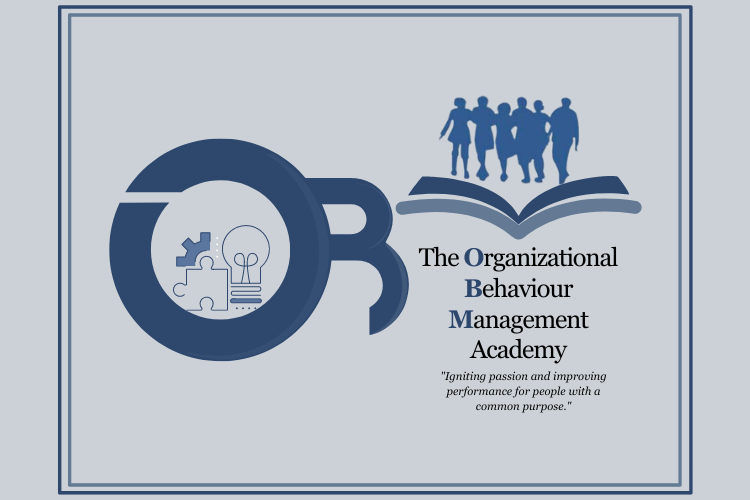Culture forms the bedrock of any organization, impacting everything from employee engagement to operational efficiency. However, effecting change in organizational culture can be a daunting task. This is where organizational Behavior Management (OBM), a discipline rooted in Behavioural Science, comes into play. It offers a methodical approach to driving effective culture change, thereby elevating overall organizational performance and employee satisfaction. This blog will delve into how OBM can be harnessed to propel cultural transformation, making it a must-read for any leader or HR professional.
Organizational Behavior Management (OBM) uses behavioural science principles to enhance organizational performance by focusing on behaviours, employing data-driven techniques, and implementing interventions. Key components include behavioural analysis, measurement, intervention, and feedback.
Understanding Organizational Culture
The term "organizational culture" encompasses the shared principles, traditions, and behavioural standards that shape the way employees interact and work together within a company. It plays a significant role in guiding decision-making processes and influencing daily operational activities. A robust and positive organizational culture can lead to a multitude of advantages, such as heightened employee engagement driven by a sense of shared values, increased productivity fostered by efficient operational processes and a climate of teamwork, improved employee retention resulting in elevated loyalty, and a favourable company image that is shaped by the organization's positive cultural values. These benefits underscore the importance of understanding and managing organizational culture.
A toxic culture can lead to high turnover rates, low morale, and subpar performance. Consequently, organizations frequently need to undergo a cultural transformation when encountering challenges or aiming to redefine their strategic course. This is where OBM tools can help.
Unlocking Organizational Potential: The Power of Organizational Behavior Management
Organizational Behavior Management (OBM) uses behavioural science principles to enhance organizational performance by focusing on behaviours, employing data-driven techniques, and implementing interventions. Key components include behavioural analysis, measurement, intervention, and feedback.
Here are some things we can engage with to use the tools of OBM for change in organizational culture: assess the current culture to have a baseline, observational learning, define and be clear about desirable organizational cultural attributes, conduct Behavioural Systems Analysis (BSA) to identify key desired behaviours and undesired behaviours which may not support the organizational culture aimed, design interventions to address these undesired behaviours, provide reinforcement and feedback and adjust interventions until target desired cultural behaviours are met. The organization must also recognize and reward employees who exemplify the desired culture.
The process of driving culture change is intricate yet imperative for organizations striving for long-term success. Organizational Behavior Management offers a structured, data-driven approach to comprehending and influencing behaviours that shape culture. Organizations can effect a positive and enduring cultural transformation by evaluating the existing culture, defining desired attributes, conducting behavioural analysis, implementing targeted interventions, and offering continuous feedback. Embracing OBM enhances performance and employee satisfaction and bolsters the organization's capacity to adapt and thrive in an ever-evolving organizational culture.
